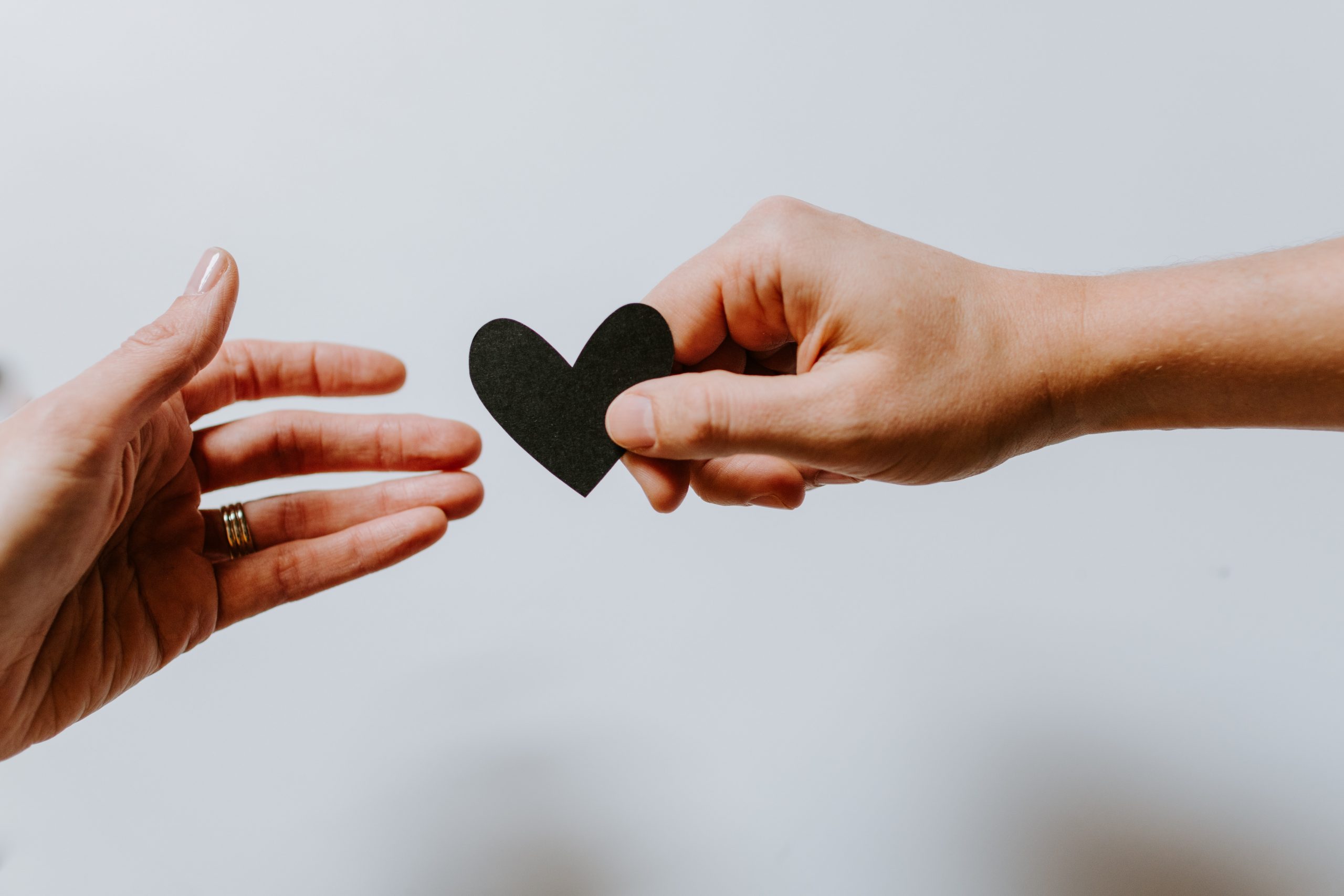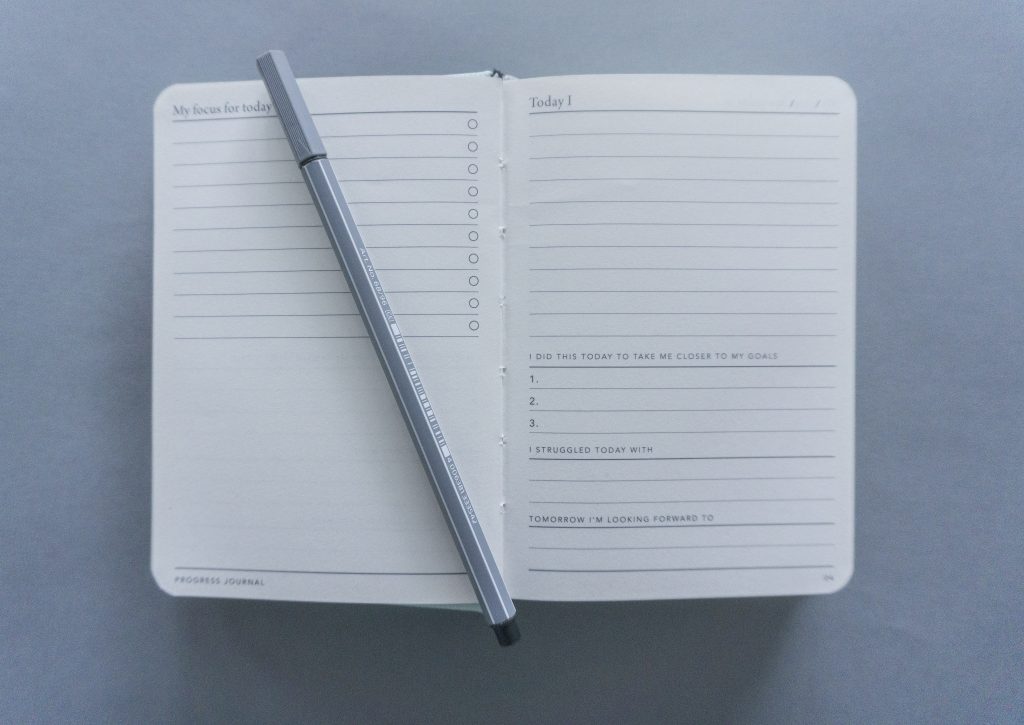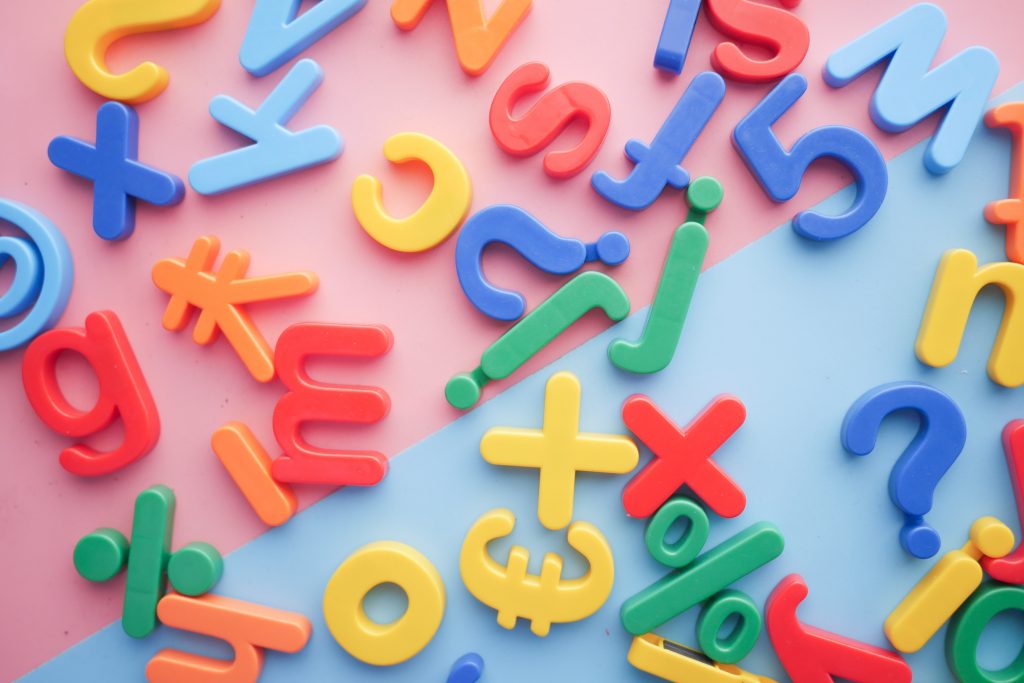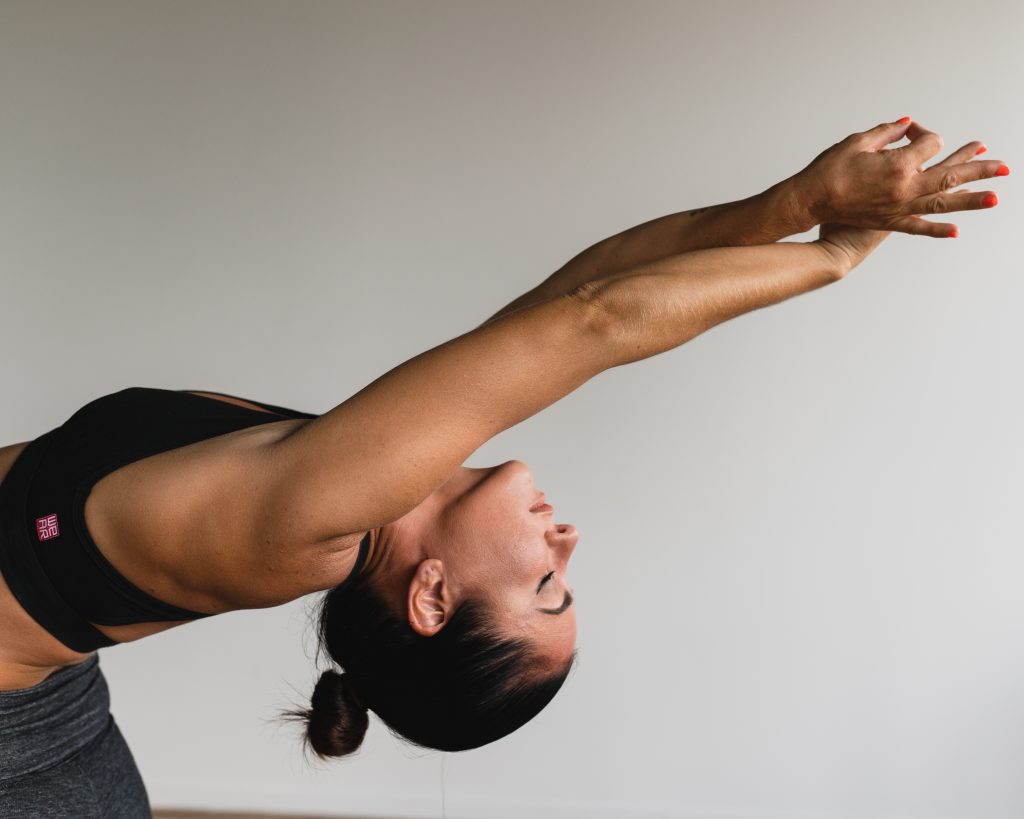
How to Build Stronger Relationships: Tips for Better Communication and Connection based on research
Image: Kelly Sikkema on Unsplash
Strong relationships are essential for our well-being. But how do we build and maintain them? This blog post provides tips for better communication and connection, based on the latest research and insights from experts.
Strong relationships are essential for our well-being. They provide us with love, support, and companionship. They also help us to cope with stress, build resilience, and live longer, healthier lives.
But how do we build and maintain strong relationships? It’s not always easy. It takes time, effort, and commitment. But it’s worth it. Strong relationships are one of the most important things in our lives.
In this blog post, we’ll share some tips for better communication and connection, based on the latest research and insights from experts.
Communication
- Be honest and open. This doesn’t mean that you have to share everything with your partner, but it does mean being honest about your thoughts, feelings, needs, and wants. For example, if you’re feeling stressed or overwhelmed, tell your partner. If you’re not happy with something they’re doing, communicate that to them in a respectful way.
- Be a good listener. When your partner is talking, really listen to what they have to say. Don’t interrupt or start thinking about what you’re going to say next. Just listen and try to understand their perspective. Make eye contact, nod your head, and ask clarifying questions.
- Be respectful. Even if you disagree with your partner, treat them with respect. Avoid name-calling, insults, and other hurtful language. Remember that you’re on the same team, and you should treat each other with kindness and compassion.
- Be assertive. This means communicating your needs and wants clearly and directly. It also means being able to say no without feeling guilty. For example, if you don’t want to go to a party, tell your partner that. If you need some time alone, let them know.
Here are some additional tips for being a good communicator:
- Use “I” statements to communicate your feelings and needs. For example, instead of saying “You always make me feel bad,” say “I feel bad when you talk to me in that tone of voice.”
- Be specific and avoid generalizations. For example, instead of saying “You never help around the house,” say “I would appreciate it if you could help out more around the house, especially with the dishes and laundry.”
- Be open to feedback and be willing to listen to your partner’s perspective.
Connection
- Be present. When you’re with your partner, be fully present. Put away your phone and other distractions and focus on the person you’re with. Make eye contact, listen attentively, and ask questions.
- Be vulnerable. Sharing your vulnerabilities is one of the best ways to connect with others. It shows that you trust them and that you’re comfortable being yourself around them. Talk to your partner about your hopes and dreams, your fears and insecurities, and your past experiences.
- Be supportive. Be there for your partner when they need you. Offer them your support and understanding. Listen to them without judgment, and let them know that you’re there for them.
- Do things together. Share common interests and activities. This is a great way to bond and create lasting memories. Go on dates, take walks, cook meals together, or watch movies. You can also try new things together, like taking a class or going on a trip.
Here are some additional tips for connecting with your partner on a deeper level:
- Be affectionate. Show your partner that you love and care about them through physical touch, such as hugging, kissing, and cuddling.
- Express your gratitude. Let your partner know how much you appreciate them and all that they do for you.
- Forgive each other. Everyone makes mistakes. If your partner does something to hurt you, be willing to forgive them. Holding on to grudges will only damage your relationship.
The importance of communication and connection in relationships
Communication and connection are essential for strong relationships. When we communicate effectively with our partners, we are able to share our thoughts, feelings, needs, and wants. We are also able to understand our partners’ perspectives and build trust.
Connection is the feeling of being close to someone and of being understood and accepted. It is what makes our relationships feel meaningful and fulfilling. When we are connected to our partners, we feel supported and loved.
The benefits of strong relationships
Strong relationships have many benefits for our physical and mental health. They can help us to reduce stress, cope with difficult emotions, and build resilience. Strong relationships can also help us to live longer, healthier lives.
A study by the Harvard School of Public Health found that people with strong social connections were 50% less likely to die prematurely than those with weaker social connections. Another study found that people with strong relationships have lower blood pressure, heart rate, and cholesterol levels.
Strong relationships can also help us to cope with stress and difficult emotions. When we have supportive relationships, we feel more comfortable talking about our problems and asking for help. We also feel more confident in our ability to handle challenges.
Research has shown that people with strong relationships are more likely to recover from physical and mental illness. They are also more likely to have successful careers and be happy in their lives.
Tips for building stronger relationships
Here are some additional tips for building stronger relationships:
- Make time for each other. Even if you’re busy, it’s important to make time for your partner. Schedule regular date nights or take some time each day to talk and connect.
- Be supportive and encouraging. Be there for your partner when they need you and offer them your support and encouragement. Let them know that you believe in them and that you’re proud of them.
- Show your appreciation. Let your partner know how much you appreciate them and all that they do for you. Express your gratitude in words and actions.
- Be forgiving. Everyone makes mistakes. If your partner does something to hurt you, be willing to forgive them. Holding on to grudges will only damage your relationship.
- Have fun together. Do things that you both enjoy and that make you laugh. Spending time together and having fun is a great way to bond and strengthen your relationship.
Building strong relationships takes time and effort, but it’s worth it. Strong relationships can enrich our lives and help us to live happier and healthier lives.
It can be tricky, but you don’t have to navigate it alone. We’re here to help 😊
At innerly, we have Relationship Coaches, Life Coaches, Therapists, Healers and Psychologists who can help you with any part of your journey. We’re simply a Discovery Call away!
Resources
- Study on the association between social connections and mortality: Holt-Lunstad, J., Smith, T. B., Layton, J. B., Bryt, B. J., & Seeman, T. E. (2015). Social relationships and mortality risk: A meta-analytic review. PLoS medicine, 12(7), e1001834.
- Study on the effects of social connections on blood pressure, heart rate, and cholesterol levels: Uchino, B. N., Holt-Lunstad, J., & Smith, T. B. (1999). Social relationships and physiological determinants of health: A review and synthesis. Psychosomatic medicine, 61(2), 785.
- Study on the effects of social connections on recovery from physical and mental illness: Valtorta, N. K., Pascoe, E. A., Jacka, F. N., Dodd, S., Berk, M., & Patton, G. C. (2016). Social support and mental health: findings from the Australian longitudinal study on women’s health. Psychological medicine, 46(1), 135-146.
- Study on the effects of social connections on career success and happiness: Adams, G. B., & Freedman, O. M. (1976). Friendship patterns and career success of highly educated women. Journal of personality and social psychology, 33(3), 410.









